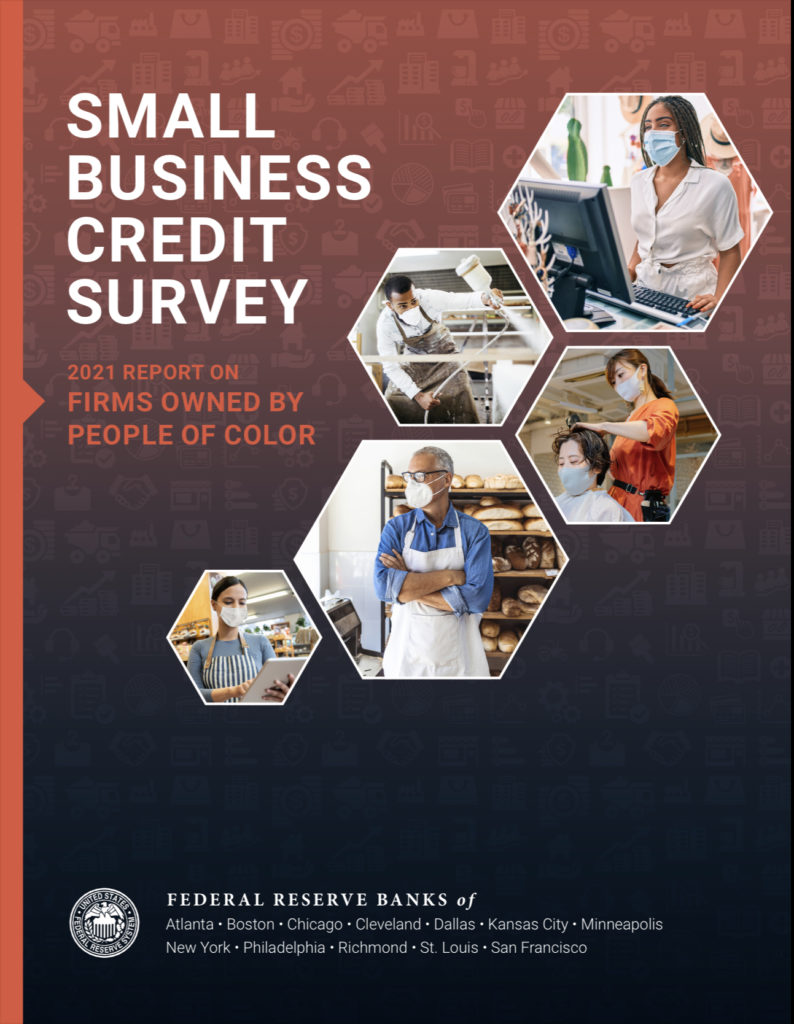- May 18, 2021The COVID-19 pandemic was an economic shock to small firms and the effects were not easily predictable. An unprecedented number…
- May 13, 2021Small Business for America’s Future released a national survey of small business owners about their feelings toward the American Jobs…
- May 1, 2021An analysis of Paycheck Protection Program lending reveals stark disparities across the country. In the LA area, businesses in White…
- April 30, 2021More than a year has passed since the Coronavirus Disease 2019 (COVID-19) pandemic sparked a nationwide economic crisis. Since March…
- April 8, 2021Business ownership has the potential to be a financial bulwark, especially for business owners of color. Age 45+ business owners…
- April 1, 2021Drawing on recent research, this issue brief – co-authored by the Aspen Institute Economic Opportunities Program, the Institute for the…
- March 31, 2021HOPE and SurveyMonkey released the findings of the inaugural HOPE Minority Small Business Index survey which examines the sentiments and…
- March 30, 2021Small businesses play a special role in innovation. In 2018, 37% of high-tech workers worked for small businesses. According to…
- March 29, 2021Women-owned firms made up only 19.9% of all firms that employed people in the United States in 2018 but their…

